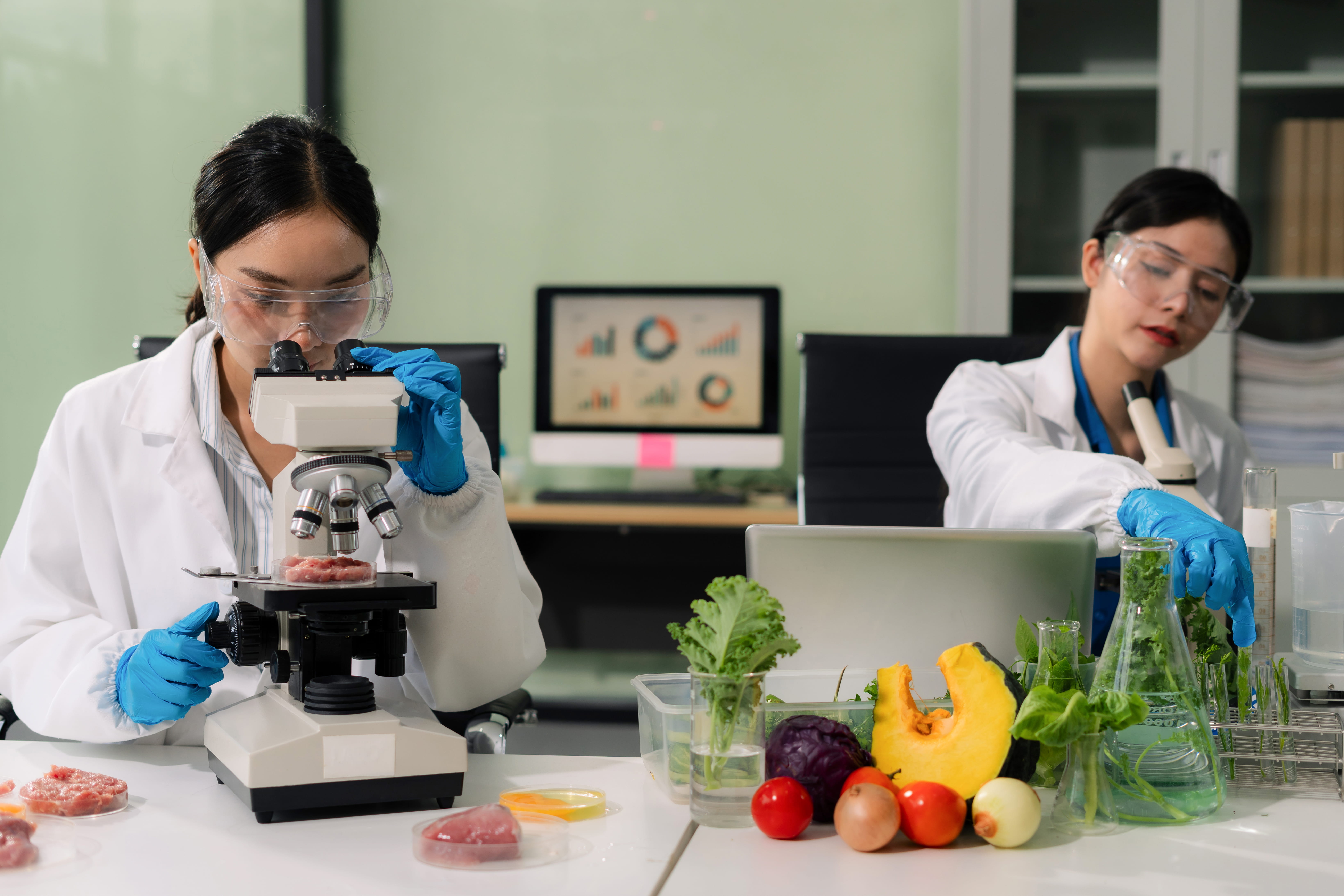Last Updated on January 22, 2026 by Admin
Specific qualifications and certifications stand out as markers of excellence and reliability in the food industry, where safety and quality are paramount. These credentials are not just badges of honour; they are essential tools that equip businesses and professionals with the knowledge and practices needed to ensure their products’ safety, quality, and integrity.
What is the need for food qualifications?
Essential food qualifications encompass a broad spectrum of certifications and training programs to equip professionals with the knowledge and skills for food safety. These qualifications cover food handling, safety management systems, hazard analysis, critical control points (HACCP), and specialised training for dealing with allergens and understanding global food safety standards.
Achieving these qualifications signifies a professional’s commitment to follow the best food safety and quality standards, a necessity due to rise in the consumption of processed food. For businesses, investing in employees who hold these essential qualifications translates into enhanced operational efficiency, compliance with regulatory requirements, and, ultimately, the trust and confidence of consumers.
Whether you are a food retailer, a micro or small-scale food industry owner, a student with aspirations in the food sector, a trainer working within the industry, or an aspiring entrepreneur exploring opportunities in the food business, these courses are designed to equip you with the necessary certification required for the food industry. In India, where the food sector is burgeoning, obtaining food certification can open doors to numerous possibilities.
Courses such as Pickle-making Technician, Cold Storage Technician, Fish and Seafood Processing, and various Food Safety Supervisor training levels cater to specific needs and skill levels. Moreover, specialised courses like Craft Baker and Jam, Jelly & Ketchup Processing Technician offer targeted training for niche markets. By obtaining these certifications, individuals can ensure compliance with food safety standards, enhance their employability, and contribute to the high standards of quality and safety in the food industry.
Understanding the Importance of Certifications
-
The Role of Certifications in the Food Industry
Certifications in the Food Industry serve multiple purposes. They prove a company’s commitment to established safety and quality standards. For businesses, obtaining the right certification required for the food industry is crucial for market access, customer trust, and competitive advantage. For consumers, certifications provide assurance that the food products they consume meet high safety and quality standards.
-
Global vs. National Certifications
While some certifications have a global scope, addressing universal standards of food safety and quality, others are national, focusing on specific regulations and requirements of a particular country. For instance, food certification in India includes standards and norms tailored to the Indian market and regulatory environment. Among these certifications, Good Manufacturing Practice (GMP) ensures that products are consistently produced and controlled. The Safe Quality Food (SQF) program is recognized globally, emphasising a preventative approach to contamination and a commitment to continuous improvement. Similarly, the International Featured Standards (IFS) focus on food, product, and service safety, ensuring that the processed products meet specific criteria to assure consumers of their quality and safety.
What Are the Key Certifications for Ensuring Food Safety and Quality in the Food Industry?
-
HACCP: The Foundation of Food Safety
Hazard Analysis Critical Control Point is internationally recognised and serves as the foundation for food safety practices across the industry. It emphasises on identifying and preventing hazards that could cause food to be unsafe, covering all stages of production, processing, packaging, and distribution.
-
ISO 22000: A Trusted Standard for Food Safety Management
ISO 22000 is another critical certification that outlines food safety management system requirements. It integrates the principles of HACCP with additional elements, including system management, prerequisite programs, and a continuous improvement framework.
-
FSSC 22000: Comprehensive Food Safety and Quality
Food Safety System Certification 22000 is an ISO-based certification scheme for food safety management systems. The Global Food Safety Initiative recognises it and is suitable for wide-ranging sectors within the food industry. This certification ensures that a company’s food safety management system complies with international standards.
-
BRCGS: Setting the Benchmark for Quality
The British Retail Consortium Global Standard (BRCGS) for Food Safety is designed to ensure that suppliers follow the rules and that retailers can promise the quality and safety of the goods.
Food Certification in India
-
FSSAI Licensing and Registration
The Food Safety and Standards Authority plays a vital role in overseeing food safety. The FSSAI licence or registration is a fundamental food certification in India, mandatory for all food businesses operating within the country.
-
AGMARK: Quality Certification for Agricultural Products
AGMARK is used in India on farm goods. It means that the goods meet a set of rules approved by the Indian government’s Directorate of Marketing and Inspection.
Read Also – ISO 22000 vs. FSSC 22000: Understanding the Key Differences in Food Safety Standards
Conclusion
Comprehensive training is essential for understanding and effectively implementing food safety practices and obtaining necessary certifications. It equips individuals and businesses in the food industry with the knowledge, skills, and competencies required for maintaining food safety regulations and standards. Through training programs, participants gain insights into the intricacies of food certification in India and the broader certification required for the food industry globally.













